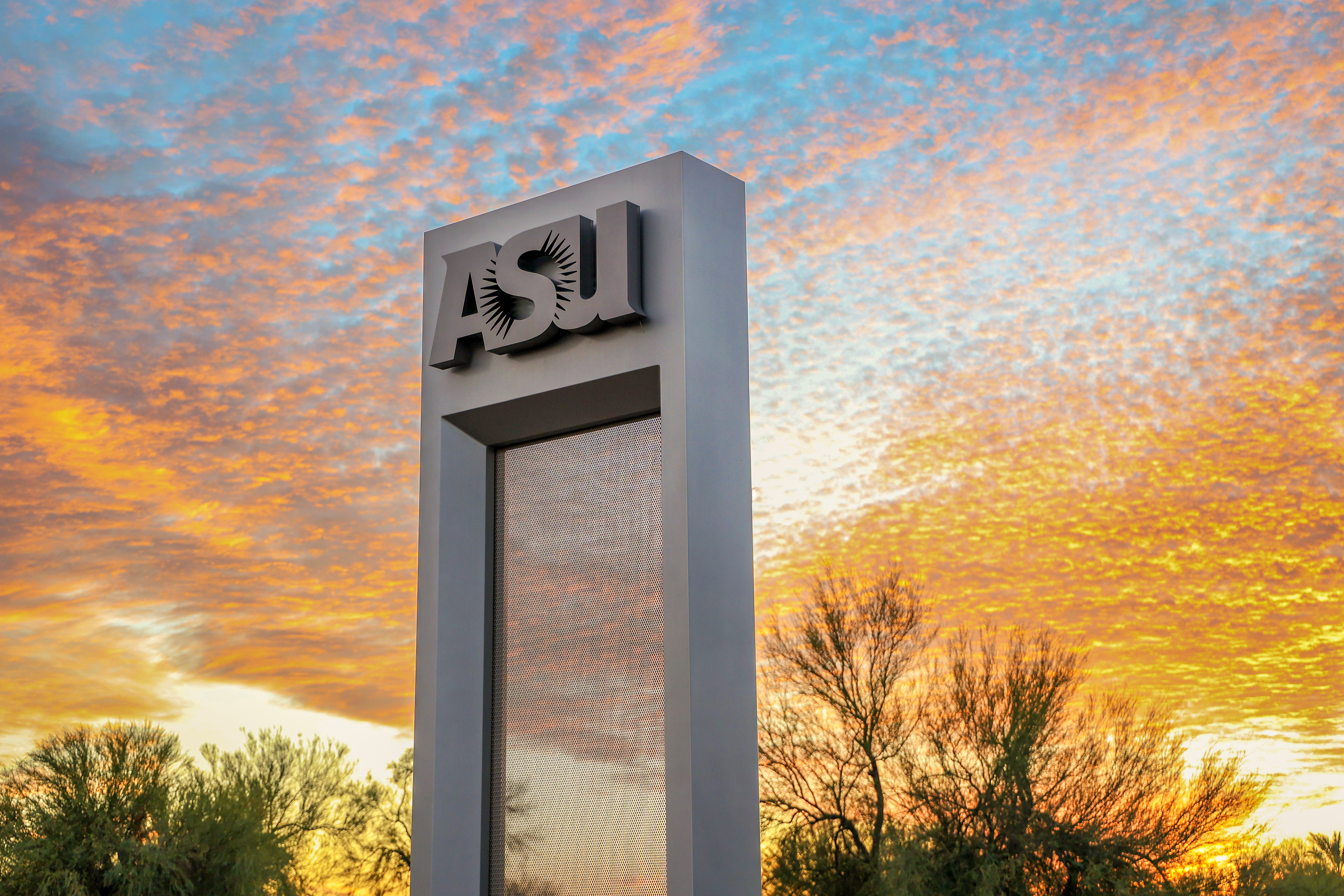The University Design Institute (UDI) is thrilled to announce the appointment of Maria Toshkova as the new Director of Global Partnerships. Toshkova brings an impressive track record of over 18 years in developing and nurturing strategic partnerships within the United States and internationally.
Before joining UDI, Toshkova served as a Senior Partner at Strategic Partnerships, LLC, a prominent consulting firm based in Washington, DC. In this role, she spearheaded the development and implementation of partnership and fundraising strategies for organizations in diverse sectors, including education, workforce development, healthcare, and sustainability.
Read more about Toshkova below. The interview has been lightly edited for clarity and brevity.
Q: Can you tell us about your background and career journey that has led you to UDI?
A: I came from Bulgaria to the United States when I was 17 as an exchange student. My parents worked for American companies in Bulgaria, and due to the political and economic turmoil of the 1990s in Eastern Europe, they were determined to give my sister and I a better opportunity in life. I finished university and then graduate school in the U.S. As part of my graduate program in Public and International Affairs, I went to Washington, D.C. and had the opportunity to work at the Center for Strategic and International Studies (CSIS). Shortly, a relationship that I had developed at CSIS led me to an opportunity to embark on a career in management consulting at the higher education practice of Strategic Partnerships LLC, a boutique consulting firm in Washington DC.
The core of my job was building partnerships and creating fundraising strategies to support programs that were solving complex issues related to education and workforce development, healthcare, and sustainability. In that role, I got the opportunity to work with ASU Lightworks for almost 10 years. Because of the collaborative nature of ASU, I got to know UDI during my work with ASU Lightworks.
Q: What are some of your most valuable experiences in previous roles that will lead you to success?
A: I had the opportunity to work on complex international development projects with teams based in various places around the world. I learned that creating a positive impact through partnerships is essential for success. I also learned the importance of adapting to various working styles, cultures and people. Partnerships only work when there is a serious commitment by all parties and real impact when they are long-term. The sweet spot for me has been when I was able to help multiple people and organizations, sometimes in different countries, commit to long-term collaboration, and secure financial resources to support it. There is a lot of interest in partnering but the key is to find the funding that can support collaborative programs.
Q: What are your main responsibilities as the Global Director of Partnerships?
A: I am responsible for developing and managing global partnerships for UDI both internationally and at ASU. That includes working with university partners, government representatives, international donor organizations and philanthropy. I am also responsible for identifying and building relationships with experts from ASU and around the world who bring critical expertise that enables higher education transformation for the 21st century in culturally and regionally appropriate ways. My job is to ensure UDI leverages partnerships to help secure a better future for people and the planet.
Q: How do you envision the higher-ed partnership landscape evolving over the next few years? How will UDI adapt to that vision?
A: Artificial Intelligence and climate change will accelerate the need for higher education partnerships. The rapid development and adoption of AI are creating new educational opportunities and innovations. Universities that adapt quickly and collaborate will be positioned well to prepare students for the 21st century.
Climate change presents urgent and complex challenges that transcend borders. Universities that embrace a collaborative approach to create new educational programs, advance research, help influence policy development, and adopt sustainability practices can have an enormous impact on their communities.
Partnerships can help pool resources, expertise and new perspectives that can help universities accelerate the creation of solutions and prepare students better. Partnerships can also help educational systems themselves ensure their operations are climate-smart and reduce their impact on the health of the planet.
UDI will offer Design Clinics in AI and Planetary Health for leadership development and institutional transformation. Building on the progress ASU and other institutions around the world have made, we believe universities and higher education systems can benefit from strengthening their capacity to implement technologies like AI and establish leadership roles in subjects such as Planetary Health.
Q: What are some of the biggest challenges that you anticipate for international collaboration?
A: There is a fundamental need for more funding to support higher education partnerships internationally. Higher education partnerships are an underutilized diplomacy and development tool that could help many countries leapfrog advances that countries in the U.S. and Western Europe have spent years and tremendous resources to achieve. Funding invested in higher education partnerships creates enormous benefits for the global economy and society, and is something I would like to see more governments, international donor agencies, and philanthropists support.
There is a tremendous appetite for successful partnerships and solid results. I plan on working closely with our partners to elevate the work UDI and universities around the world do and the social and economic impact higher education institutions create in their communities and the world.
Q: What are your short-term and long-term goals for this role?
A: In the short team, I am focusing on helping UDI grow its current partnerships in our strategic regions of Southeast Asia and Africa, as well as Latin America, and the U.S. I am also focusing on growing our partnerships within ASU and continuing to partner with world-class experts to deliver transformative programs.
In the longer- term, my goal is to support partnerships for the UDI’s Design Clinics in Planetary Health and AI which means working with higher education systems, governments, and international organizations from around the world to transform the lives of millions of people.
Q: What are you most excited about?
A: I am most excited about the opportunity I have to help UDI transform higher education globally into a major force for economic and social growth. By reimagining educational systems, I believe we can unlock new opportunities for people everywhere. It is exciting to imagine that all universities are preparing students to tackle the world's most pressing issues and integrating effectively cutting-edge technologies and sustainable practices. I am also excited for universities to be better positioned to prepare students for the future job market. I look forward to helping create new opportunities for partnerships that enable universities to uplift communities and inspire a new generation of global leaders.

